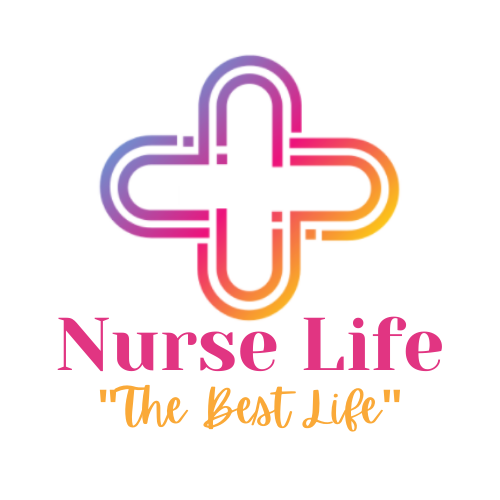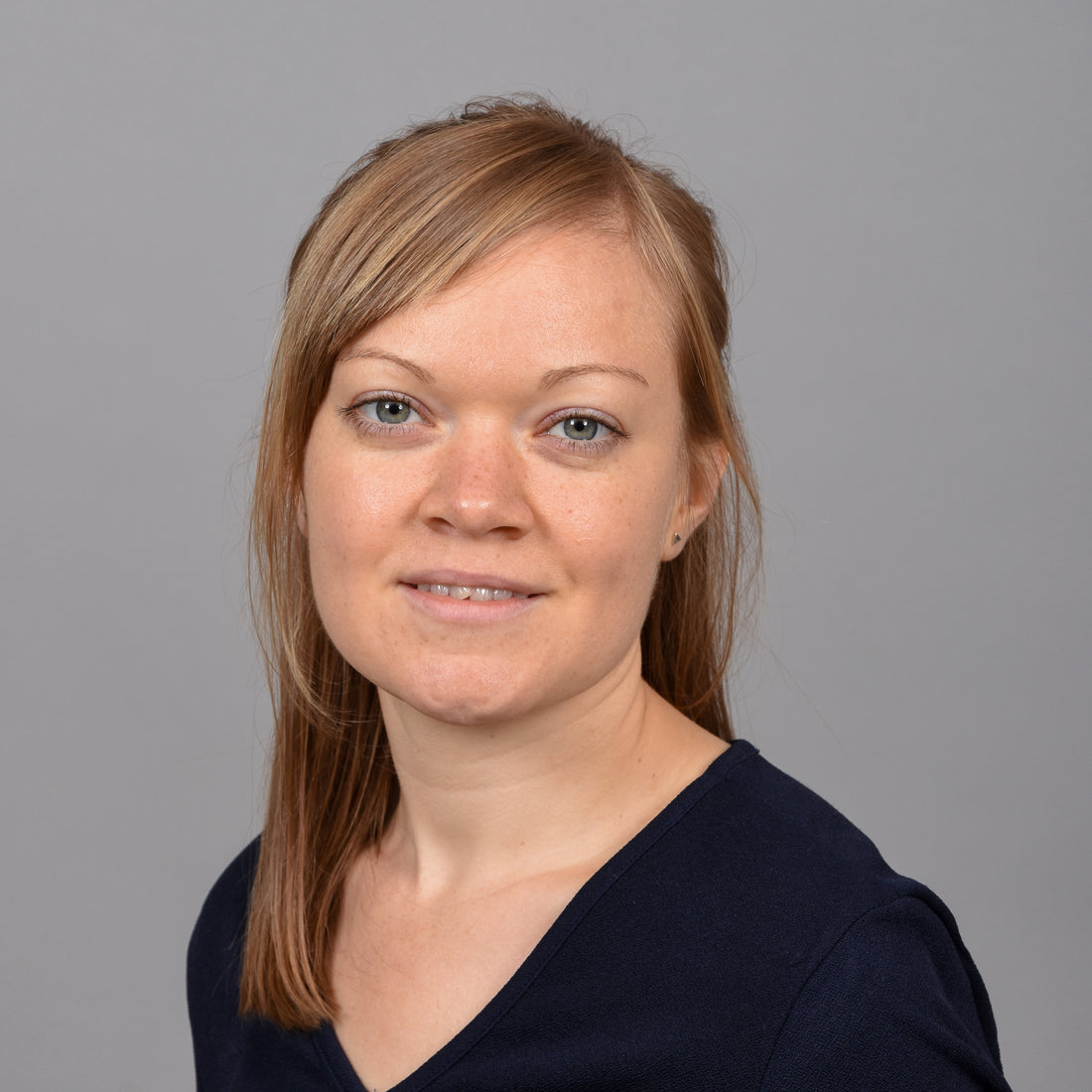Child protection is everyone’s business – including nurses!
My name is Lauren Lines, and I am a registered nurse passionate about teaching and researching in children and young people’s health. My core focus is building nursing and health workforce capacity to prevent and respond to child abuse and neglect. Child protection is a challenging area of practice, but my vision is to contribute to a society where all children are supported to thrive within their own families, communities and cultures. My vision is echoed by Australia’s national Safe and Supported: National Framework for Protecting Australia’s Children (2021-2023) which states: ‘we want all children, young people, families, and communities in Australia to be safe and resilient and to have the opportunity to thrive’. This mission cannot be achieved unless everyone works together, including the valuable contributions of nurses from all practice contexts.
There is an increasing body of research outlining the limitations of current child protection systems which respond to individual ‘cases’ of child abuse without addressing underlying contributing factors. For example, children living in families that are experiencing poverty, homelessness, family violence, job insecurity, mental/physical illness, disability, marginalisation and/or discrimination are far more likely to experience abuse or neglect. Consequently, there is a need for a public health response that addresses the broader factors that influence families’ ability to provide safe and caring home environments. Nurses work with children and families across the lifespan and are ideally positioned to identify families experiencing adversity. Nurses provide early intervention and support to families experiencing adversity so children can thrive and reach their full potential. In doing so, many cases of abuse can be prevented, along with the lifelong impacts that abuse and neglect has on children’s lives.
My interest in researching nurses’ roles in child protection arose from my experiences as a paediatric nurse where I often cared for families experiencing adversities that affected their capacity to parent. I also provided direct care to children who had experienced severe physical abuse or neglect from a parent or caregiver. These experiences sparked my PhD research commencing in 2015, which resulted in my final thesis titled: ‘More than mandatory reporting: nurses’ experiences of safeguarding children in Australia’. I think the phrase ‘more than mandatory reporting’ perfectly summarises nurses’ roles. Although mandatory reporting of child abuse is part of our role, nurses do so much more to support
children and families. For example, my recent publication outlined how nurses and midwives agree that safeguarding children from abuse is core to their role, and that safeguarding requires a wide range of complex skills (see Table 2 in the above publication). These core elements of nurses’ skills are summarised in a conference poster presentation (Maternal Child and Family Health Nurses Australia, Canberra, 2022) which is partially represented by the snapshot below.

This snapshot highlights nurses’ and midwives’ core attributes for safeguarding children from abuse and neglect. My researched demonstrated that nurses were highly skilled in safeguarding including child centred practices, critical reflection, relational practices and advocacy for children’s best interests. The complexity of nurses’ skills highlights the importance of fostering skill development in new nurses, and supporting more experienced nurses to advance their skills and educate/lead other health professionals. Sadly, current workforce and health system challenges significantly affect nurses’ capacity to safeguard children, but this a challenge we must collectively respond to as interdisciplinary practitioners, researchers and educators.
Although my research showed nurses’ extensive knowledge, skills, expertise and commitment to preventing child abuse, our Australian policies, guidelines, education and professional development/support for nurses needs further work. For example, my ongoing research highlights the invisibility of nurses’ roles in Australian policy for children’s health, development, safety and wellbeing, and it advocates for greater recognition of nurses’ roles. Furthermore, I am currently researching how we can better educate and equip undergraduate nurses at university, so they have the necessary skills to prevent and respond to child abuse. In addition, my next project will explore the broader context of nurses’ work, including how professionals and organisations can more effectively collaborate to prevent children from ‘falling through the gaps’.
I feel privileged to be a nurse in a position where I can make a difference for the health, wellbeing and safety of Australian children. I am proud of our profession and everything we already do to promote children’s health, safety and wellbeing. However, I know that there is a long way to go before we achieve a society where all children can reach their full potential. Remember, as a nurse you have unique opportunities to make a difference for children – especially in situations that are complex, challenging or ambiguous. Developing skills for preventing and responding to child abuse and neglect should be a priority for all
nurses – whether you work directly with children or with adults who may be parents of young children.
If you are a nurse with a passion for making a difference for children at risk of abuse or neglect, please get in touch. I would love to hear other nurses’ experiences, share my research or explore your ideas for future research.
Dr Lauren Lines
Lauren.lines@flinders.edu.au
www.laurenlines.com/blog


